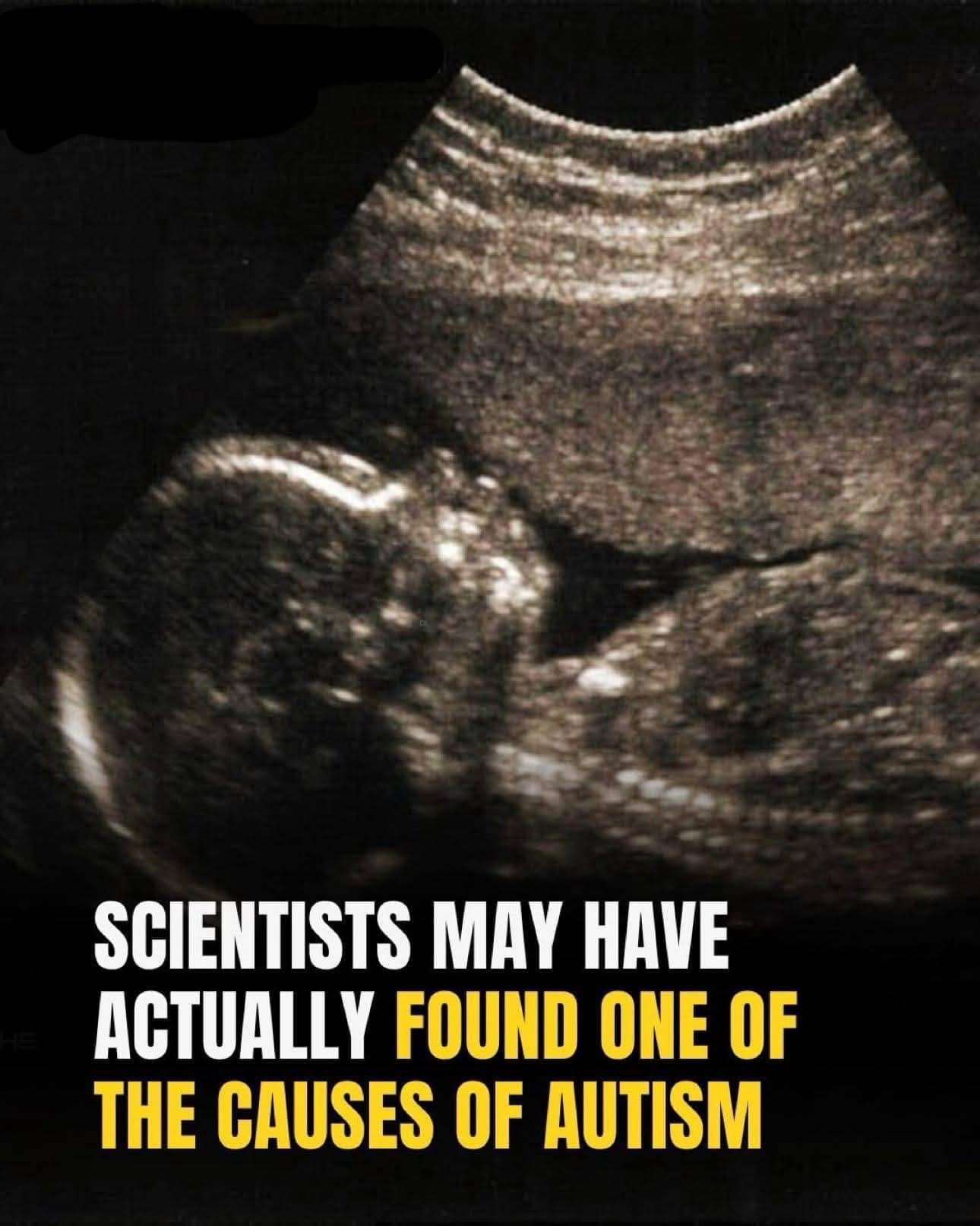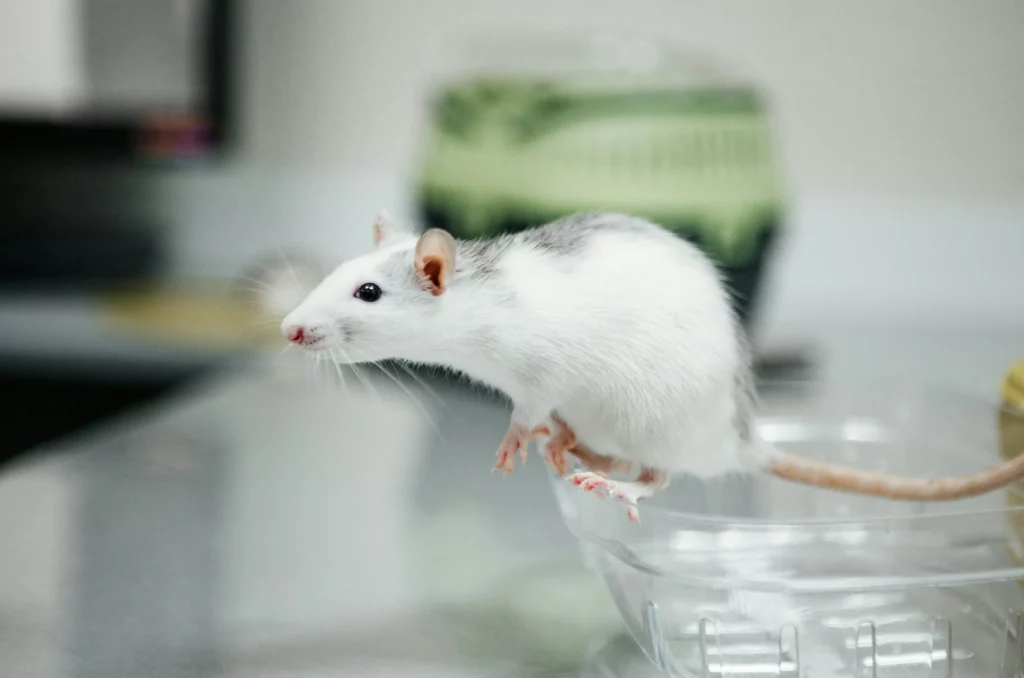Recent studies have highlighted the profound influence our gut microbiota has on our overall health, including mental well-being, immune function, and susceptibility to various diseases. The gut microbiome’s role extends beyond just digestive health; it plays a key part in shaping our immune responses to stress, infection, and even autoimmunity. A groundbreaking study published in The Journal of Immunology suggests that there may also be a connection between the gut microbiome and autism spectrum disorder (ASD).
Understanding Autism and Its Challenges
Autism, as defined by the World Health Organization (WHO), encompasses a range of developmental conditions that affect social interaction, communication, and behavior. People with autism often face co-occurring conditions such as epilepsy, anxiety, depression, and ADHD. The intellectual capabilities of individuals with autism vary widely, from those with significant challenges to those with average or above-average intelligence.
This new research focuses on a molecule produced by the immune system called interleukin-17a (IL-17a), which may play a role in the development of autism. The study suggests that the microbiome—particularly the microbiota passed from mother to child—could influence the development of autism more than previously understood.

The Role of the Gut Microbiome in Autism Development
John Lukens, a PhD student from the University of Virginia School of Medicine and the lead researcher of this study, explained, “The microbiome is really important to the calibration of how the offspring’s immune system is going to respond to an infection or injury or stress.” This idea underscores the concept that the gut microbiome could impact the development of the brain, particularly during early life.
The study conducted on mice demonstrated that the microbiome influences brain development through IL-17a, a cytokine that regulates immune responses. IL-17a is already known for its role in inflammatory diseases like psoriasis, rheumatoid arthritis, and multiple sclerosis. It also plays a vital role in defending the body against fungal infections. However, this study suggests it could also affect brain development in the womb.
The Study: How IL-17a Impacts Autism Symptoms
In the study, researchers used mice with different gut microbiota: one group had bacteria that triggered a stronger inflammatory response linked to IL-17a, while the other group did not. When researchers suppressed IL-17a artificially in the pups, both groups exhibited neurotypical behavior. However, once the artificial interference was stopped, the first group—exposed to more inflammatory bacteria—showed autism-like behavior, such as repetitive actions and social difficulties.
To further explore this, the researchers performed a fecal transplant from the first group of mice (those with the inflammatory gut microbiota) to the second group (with typical microbiota). The second group, after receiving the transplant, developed autism-like behaviors, confirming the link between the microbiome and autism symptoms.
Implications for Human Health and Autism Prevention
Although the research has so far only been conducted on mice, it offers valuable insights into how the microbiome might contribute to neurodevelopmental disorders such as autism. Lukens highlighted that the next step in this research would be to identify features of the microbiome in pregnant mothers that correlate with autism risk. The ultimate goal is to discover ways to safely and effectively modulate the mother’s microbiome to reduce the likelihood of autism.
Lukens also cautioned that while blocking IL-17a could be a potential strategy to prevent autism, it carries risks. During pregnancy, the immune system must maintain a delicate balance, as the body must accept the foreign tissue of the developing fetus. Modifying the immune system in this way could have unintended consequences for embryonic health, which is why such approaches must be carefully considered.
Future Directions for Autism Research
The connection between IL-17a and autism is just one piece of a much larger puzzle. While IL-17a may play a role, Lukens emphasized that there are many other molecules that could also influence autism development. This opens up a wide range of possibilities for further research into how the microbiome affects brain development and autism risk.
As science advances, understanding the microbiome’s role in brain health could offer new opportunities for treatment and prevention. Future studies may focus on other aspects of the microbiome, such as diet, environmental factors, and genetic predispositions, to identify additional factors that could help in preventing or managing autism.
The Significance of Early Intervention
For now, the key takeaway from this study is the growing importance of early intervention and understanding the environmental factors that influence the development of autism. By exploring how maternal gut health affects brain development, we may be able to take steps to improve outcomes for children at risk of autism.
For more information on how early health influences overall well-being, be sure to check out these articles:
- 10 Signs You’re Eating Too Much Sugar
- 7 Words Depressed People Use More Often: How to Recognize the Signs and Offer Support
As research continues, understanding the microbiome’s complex role in our health could lead to groundbreaking new treatments and interventions for autism and other neurodevelopmental disorders.





